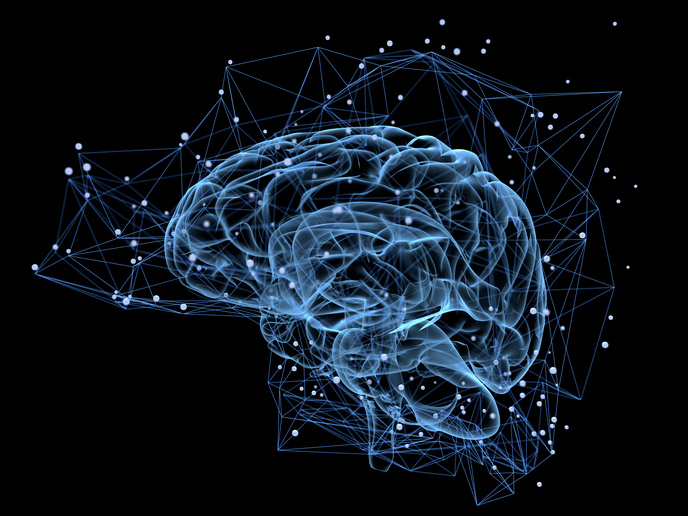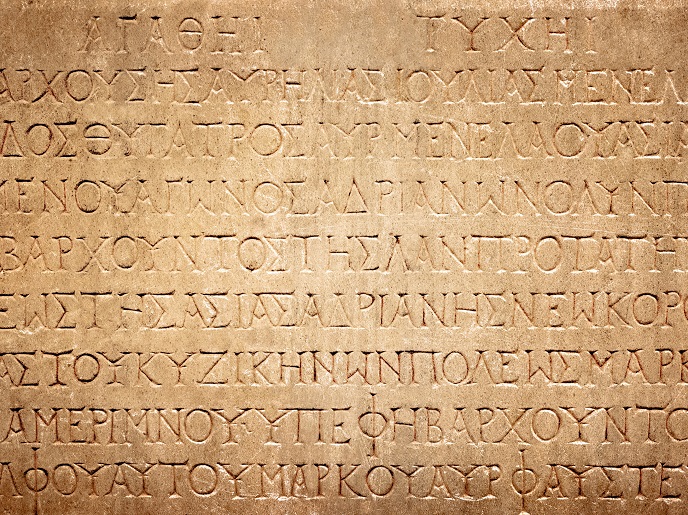More than a means of talking, language also helps us think
Is language simply a tool used to communicate our thoughts and ideas? Or is there something more cognitively complex going on? These are the questions that the EU-funded LANGBOOT(opens in new window) project set out to answer. “We aimed to investigate whether language allows people to form and manipulate more complex mental representations than would otherwise be possible, and hence offers critical support to complex cognition in the human mind,” says Louise Connell(opens in new window), a professor at Maynooth University(opens in new window) and the LANGBOOT project’s principal investigator.
Language helps build ideas and concepts
The project, which received support from the European Research Council(opens in new window), drew from a wide array of fields, including experimental psychology, psycholinguistics, cognitive modelling and corpus linguistics. Using an open science approach, the research team discovered how people use language to support both concrete and abstract thinking, even when there’s no need to do so. Specifically, the project demonstrated that language helps divide concepts into categories more quickly and accurately, allowing people to remember more objects and events and to make new links between concepts in creative tasks. “These results are important because they tell us that ideas and concepts are built by combining information from language and our perception-action experience of the world around us,” explains Connell. “This lets people use language in a very flexible way to create mental representations that suit their needs in the moment.”
Bootstrapping cognitive complexity
The project succeeded at developing a new theoretical understanding of how language and perception-action experience work together in cognition. “By attaching words to ideas, language allows us to represent and process information more efficiently, which bootstraps the cognitive complexity that our minds can achieve,” remarks Connell. True to its commitment to open science, the project has made its research and results available via open access papers(opens in new window), data sets(opens in new window) and software tools. “Some of these data sets and tools have already transformed how the research community can investigate this topic further,” adds Connell. Speaking of further investigation, Connell says she is currently working on several follow-up projects that look to apply some of the LANGBOOT project’s findings about language and cognition to new areas of research.







